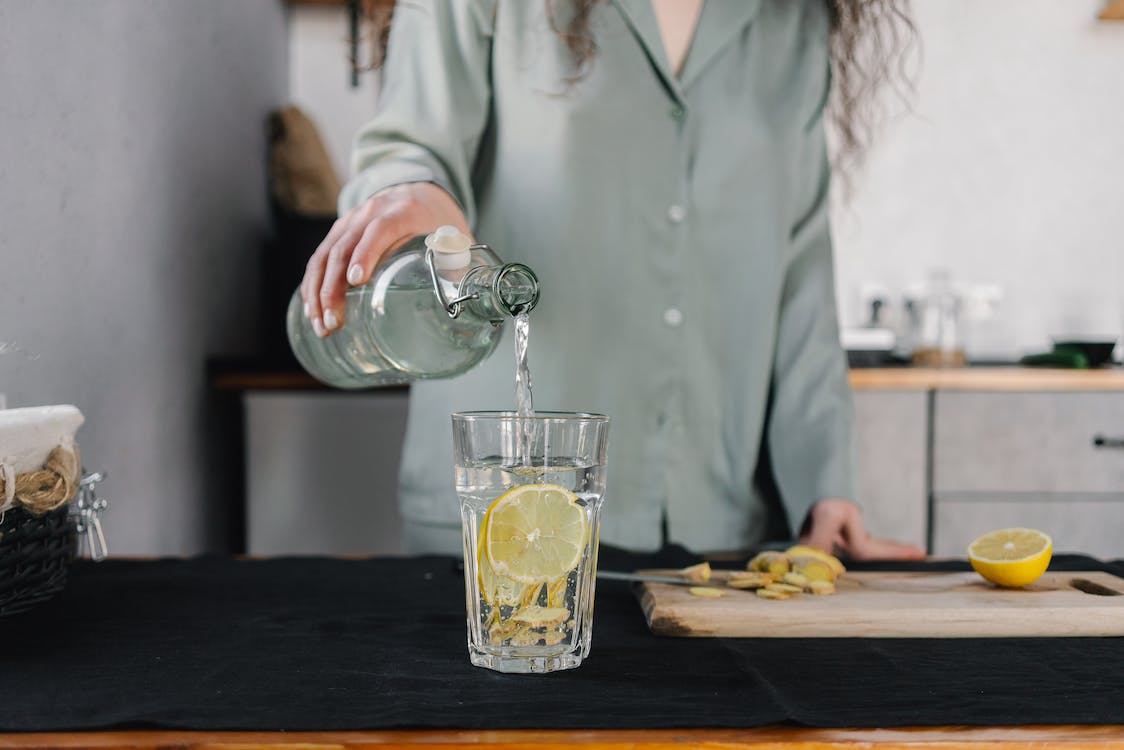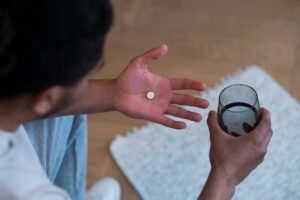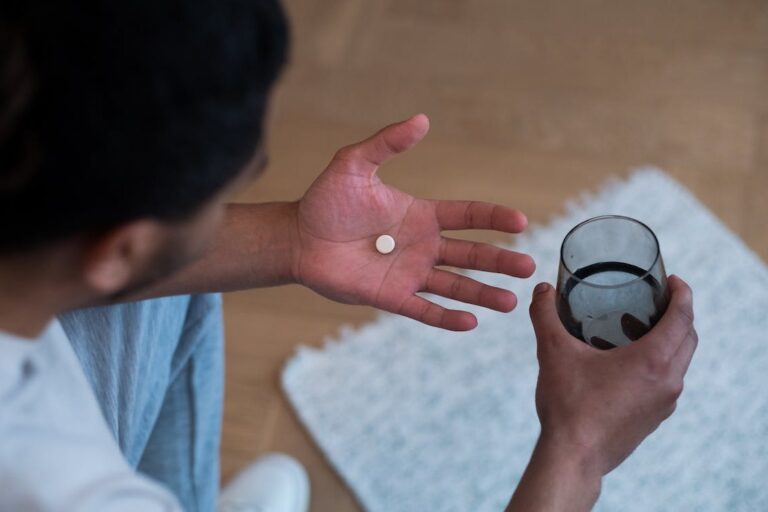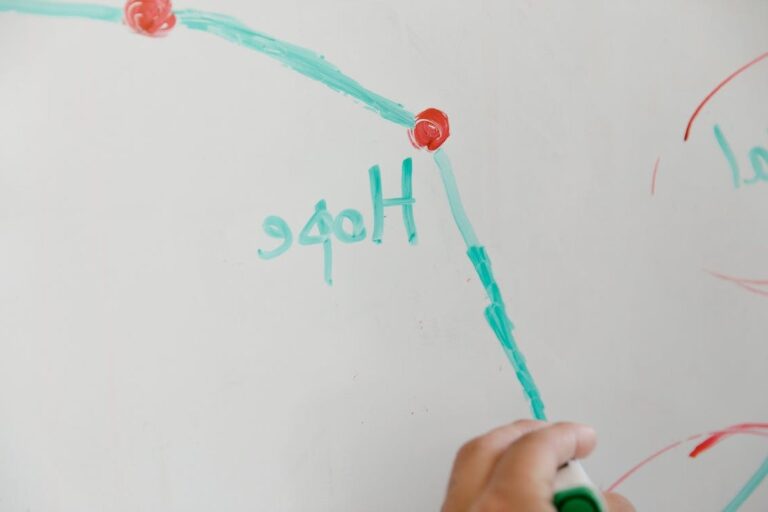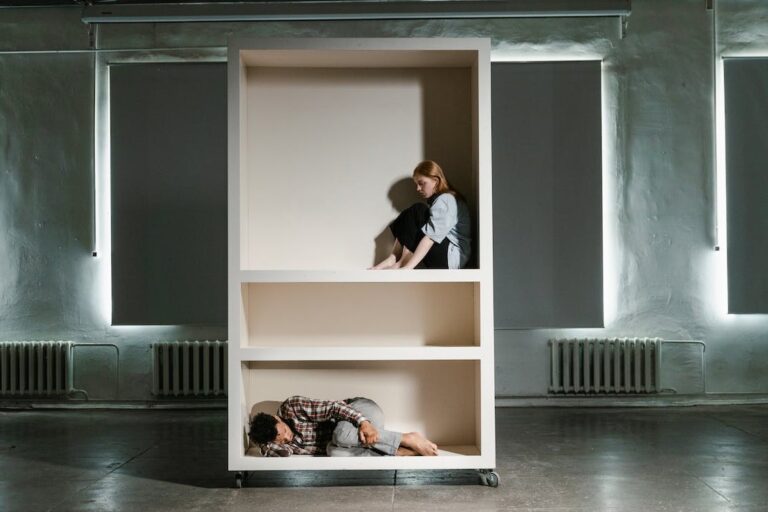Establishing healthy habits and routines can be a powerful tool in your recovery journey. As you navigate the path of addiction treatment, the structure provided by routines and the positive reinforcement from healthy habits can significantly support your progress.
Building healthy habits begins with acknowledging your current patterns and recognising where changes can be made. For instance, if you used to spend your evenings in an environment that led to substance abuse, you might choose to replace that time with a supportive group meeting or a new hobby. This replacement technique is not merely about filling time; it’s about creating a new, healthier normal for yourself.
Next, focus on physical wellness. Incorporating a nutritious diet and regular exercise into your routine not only improves your physical health but also significantly impacts your mental well-being. Your mind and body are intricately connected, and taking care of one often benefits the other. This could mean daily walks in the neighbourhood, joining a local gym, or preparing balanced meals at home.
On the subject of mental wellness, consider integrating mindfulness techniques into your daily life. Mindfulness can be as simple as spending a few minutes each day in quiet reflection or practicing guided meditation. These activities help you stay grounded and maintain focus on your recovery journey.
Creating a routine might seem daunting, but it’s about taking small, manageable steps. Begin by setting a regular sleep schedule, followed by consistent meal times. Then, build in time for exercise, relaxation, and activities you enjoy.
Thought-provoking questions to consider include:
- How does your current daily routine support or hinder your recovery process?
- What activities could you introduce into your routine to replace old, harmful habits?
- How could you incorporate physical wellness activities, such as exercise or a balanced diet, into your daily routine?
- What steps can you take to introduce mindfulness practices into your day?
- What small changes can you implement today to start building a routine that supports your recovery?
Establishing healthy habits and routines during addiction treatment isn’t a one-size-fits-all process. It’s about finding what works best for you and your recovery. It’s about making small, consistent changes that add up to substantial long-term recovery and overall well-being.
As you work towards establishing healthy habits and routines during addiction treatment, understanding various alternative concepts can empower you to choose the approach that resonates with you.

Two such concepts include Mindfulness-Based Relapse Prevention (MBRP) and Dialectical Behavior Therapy (DBT).
Mindfulness-Based Relapse Prevention (MBRP)
MBRP is a concept that marries mindfulness practices with traditional relapse prevention techniques. The essence of MBRP lies in cultivating a non-judgmental awareness of the present moment. It teaches you to sit with your cravings, feelings, and thoughts without automatically responding to them. For example, if you’re feeling stressed, instead of reaching for a substance to cope, MBRP encourages you to observe the stress and accept it without judgment or avoidance. This acceptance can create a space for you to choose a healthier response.
Dialectical Behavior Therapy (DBT)
On the other hand, DBT focuses on teaching practical skills to manage painful emotions and decrease conflict in relationships. It comprises four modules: mindfulness, distress tolerance, emotion regulation, and interpersonal effectiveness. While DBT also involves mindfulness, its application is broader and more behavior-focused. For instance, in a situation where you’re feeling the urge to relapse, DBT skills might guide you to use distraction techniques, self-soothing strategies, or seek support from a trusted individual.
In comparing these two concepts, both MBRP and DBT emphasize mindfulness but apply it differently. MBRP focuses more on accepting and observing what you’re experiencing in the present moment, while DBT provides you with practical skills to manage those experiences.
Contrarily, MBRP primarily deals with addiction recovery and relapse prevention, making it potentially more focused for your needs. DBT, though useful in addiction treatment, was initially developed for people with borderline personality disorder, thus covers a broader spectrum of emotional and relational challenges.
In exploring these concepts, remember there’s no superior choice. The most effective approach depends on your individual needs, preferences, and recovery journey. You might find that a combination of MBRP and DBT techniques works best for you, or you may gravitate more towards one approach. The goal is to equip you with tools to establish healthier habits and routines, supporting your path to recovery.
It’s about taking control of your life and creating a healthier, happier future. As a fellow journeyer in recovery, remember that each step you take is a step towards that future.

